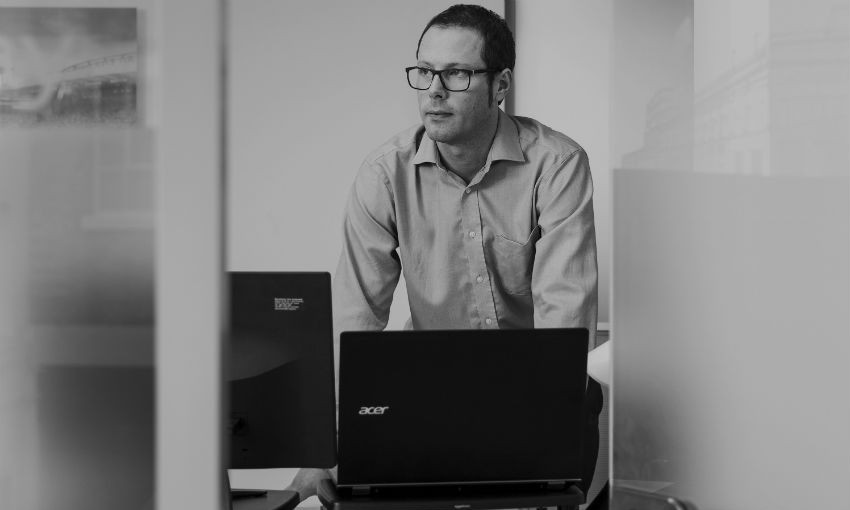Behind the Badge: The physicist who leads Liverpool's data department
A desire for change led Ian Graham to conclude that a life in academia wasn't for him.
The conventional career path open to a doctor in the field of theoretical physics - a title he’d earned by completing a PhD at the University of Cambridge in early 2005 - was not one he wanted to follow.
“Originally, I thought I would be a scientist,” Graham tells Liverpoolfc.com.
“After doing my PhD, I started a two-year post-doc - which is basically your first job if you’re going to stay in the university sector - in polymer physics at Cambridge.
“I was a year into it but slowly came to the realisation that maybe that career wasn’t for me.”
A decade-and-a-half later, Graham is Liverpool FC’s director of research; the leader of a six-strong data analysis team that has a remit encompassing pre and post-match work, sports science, the Academy and, primarily, recruitment.
His journey here began when an exciting alternative to his scientific pursuits presented itself through a combination of chance and fortune.
“My girlfriend worked at the exam board in Cambridge at the time and the head statistician there sent around an email with a job advert to do football stats for a living,” Graham recalls.
“It was just luck really that she forwarded me that advert and I applied for it and got the job. It was a very sudden thing - the career didn’t really exist at the time in the same way that it does now, when if you graduate from uni with a numerate degree then you can get into the sports industry in various roles.
“It wasn’t something I was looking to do, but when I saw the job advert I thought, ‘This would be a brilliant thing to try.’”
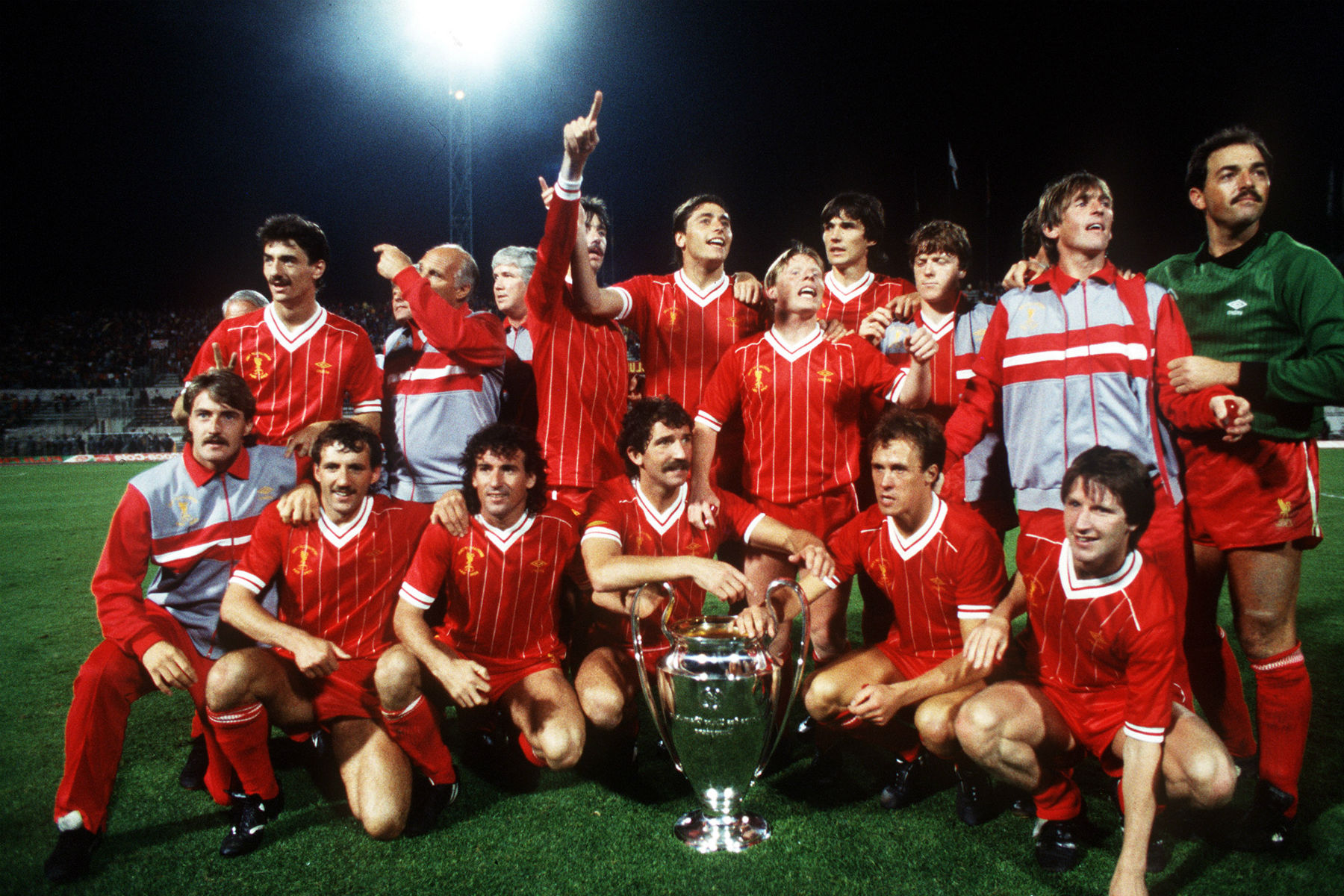
That switch in focus afforded lifelong Liverpool fan Graham an opportunity to professionalise two interests that had captured his imagination since childhood: football and data.
“I’m from the top of the Swansea Valley and in South Wales in the 1980s it was all rugby, so even just being interested in football was not the ‘normal’ thing,” he says.
“When I was a kid I loved Sensible Soccer, building your own squad and that sort of thing, and also I was into American football. I liked the way you could see all the stats for it - cricket is similar - and that just didn’t exist in football.
“So as a football fan I’d do Fantasy Football but I didn’t realise that data existed. Back in 2005, Opta existed and had been doing football stats for a while but the detailed data just still wasn’t there.”
Graham’s new employer, Decision Technology, had branched out into sport-related data and he was tasked with managing one of its contracts.
“They had a deal with The Times to do this weekly sports stats column called The Fink Tank. I ended up doing the work for that for six-and-a-half years.”
Graham’s first experiences of working on the frontline of football’s burgeoning data analysis subsector arrived in late 2006 and 2007, when Damien Comolli - then director of football at Tottenham Hotspur - commissioned Decision Technology to complete various one-off projects.
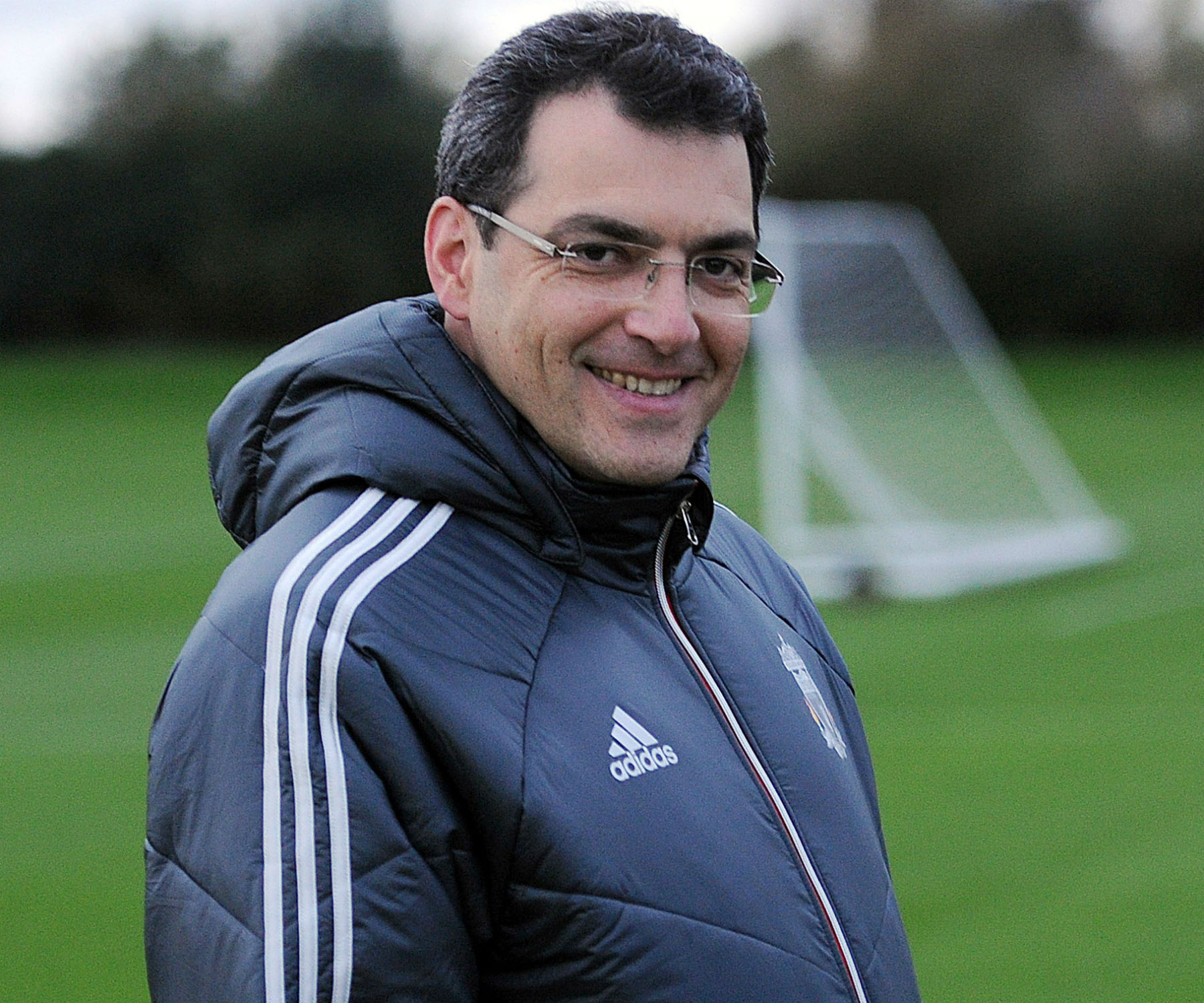
He picks up the story.
“Damien liked what we did and we’d also signed a deal with Castrol to do The Castrol Index, a player ratings system which we did from Euro 2008 to Euro 2012 while I was there.
“We’d done some player analysis for Damien before, but I think he’d seen the Castrol stuff and we went back for another meeting with him at the end of the 2007-08 season. In that summer, we signed on with Spurs on a long-term deal, which basically paid for three days a week of my time.
“It was a consultancy deal where we’d do mostly player analysis, giving recruitment advice and that sort of thing, but there were other bits and pieces too. It was kind of like whatever they needed from us, they could ask and we’d try to apply our data analysis to it.”
It was Harry Redknapp’s appointment as Tottenham manager in October 2008 that precipitated the start of a working relationship that would come to shape the course of Graham’s career.
“A few weeks after Harry came in I met Michael Edwards, who was Portsmouth’s head of video analysis and was brought in to do the same role at Spurs,” he remembers.
“Damien had left the club by that point but straight away I could tell that Michael had an interest and aptitude in data and data analysis and he became our main point of contact there.”
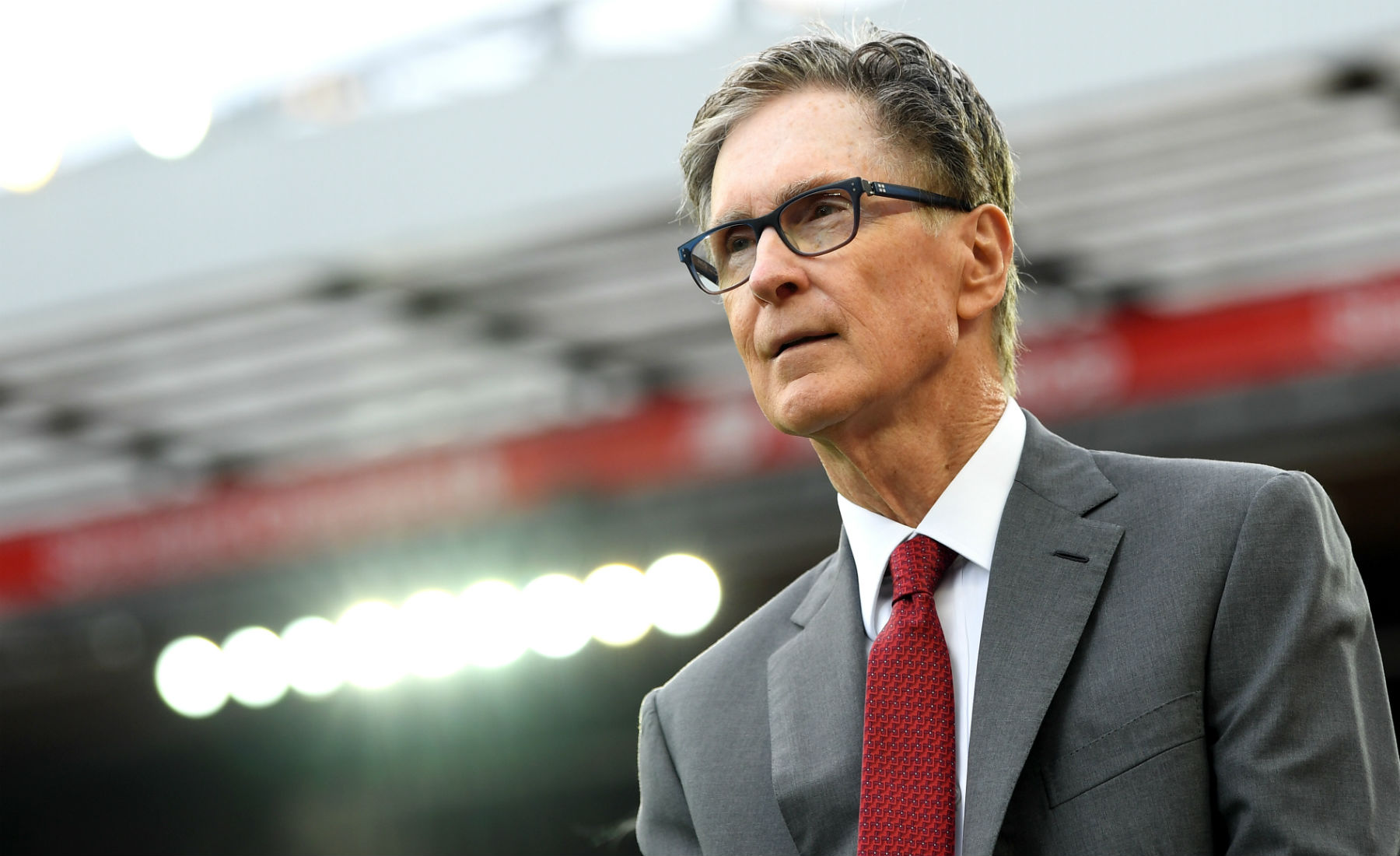
Graham continued working with Tottenham until 2012, but his eye had been drawn to developments elsewhere a couple of years earlier.
“I was really excited at the time to be working for Spurs, but when I heard the news that John Henry had bought Liverpool back in 2010 I thought, ‘Liverpool is the place to be.’”
Comolli took up post as Liverpool’s director of football soon after Fenway Sports Group - then known as New England Sports Ventures - had completed its takeover of the club in October 2010.
The Frenchman immediately sought to bring Decision Technology into the fold at Anfield, but that intention was precluded by the company’s obligations with Tottenham.
Nevertheless, Edwards’ suitability to the new owners’ methodology soon came to Comolli’s attention.
Graham explains: “Part of Damien’s first attempt to build something at Liverpool was to get someone in who could do the football interpretation and video side, but also understand the data side and make a judgment on whether the quality of the analysis is any good or not.
“He asked us if we knew anyone who could do this sort of job and we mentioned Michael’s name as a possibility, given that we’d worked with him at Spurs, and he took Michael to Liverpool in late 2010 or early 2011 or something like that.
“It was only after Damien left that Michael and the owners decided that rather than trying to get Decision Technology to work for Liverpool, because they couldn’t make that happen, instead - as a second choice, if you like - they could ask me if I wanted to work directly for Liverpool, which happened in April 2012.”
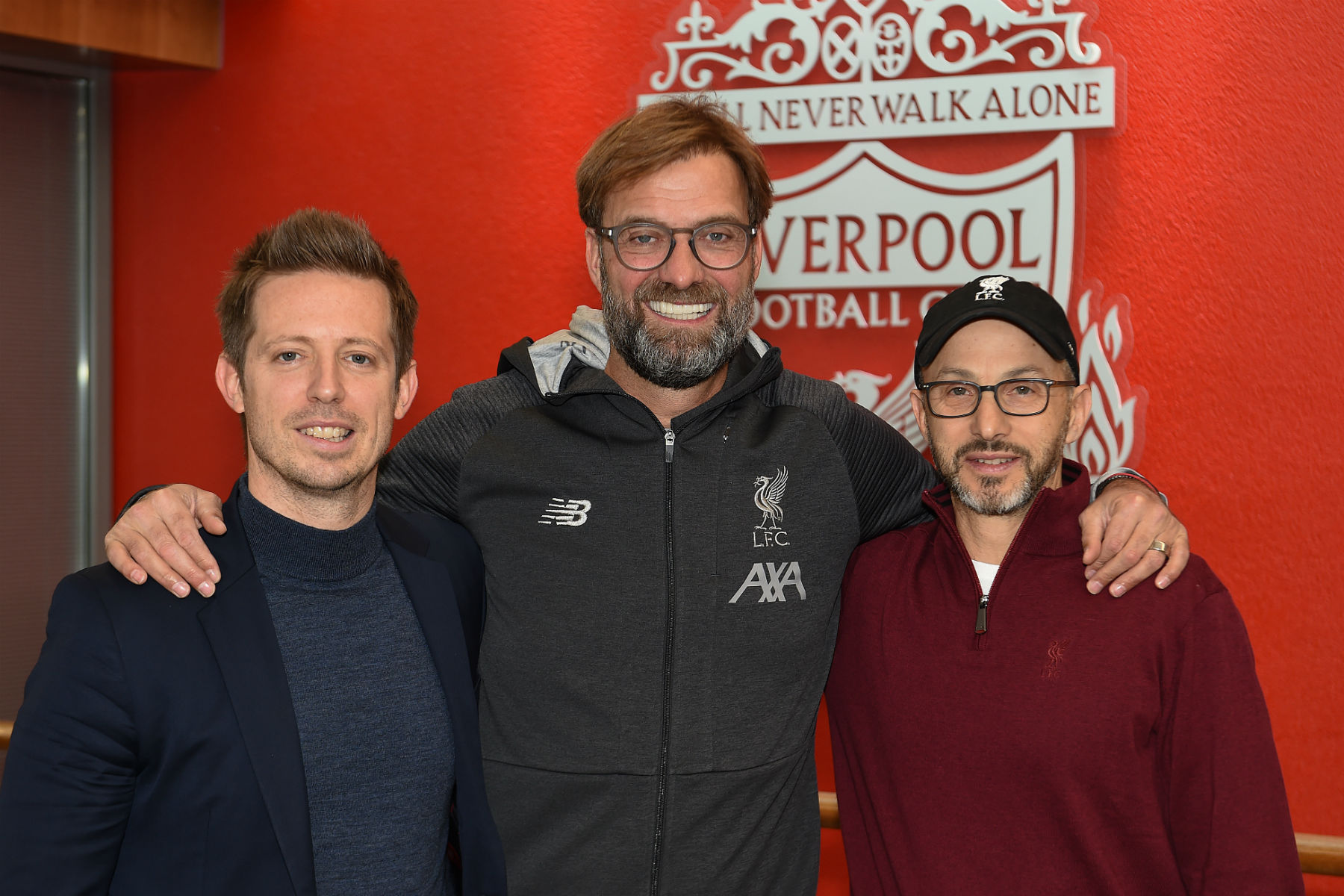
Graham did, of course, want to work directly for Liverpool.
“It was absolutely surreal!” he exclaims.
“I was disappointed that Michael had left Spurs because he was really good to work with. He’d properly interrogate and ask the right questions about what we were doing and would accept that there are certain things you do see and certain things you don’t see in the data.
“So it was exciting to be going to work for Michael again and obviously the owners too, with the whole Moneyball story.
“In effect Michael has been my boss since I started at Liverpool. At the time he was responsible for advising on recruitment, the Academy and video analysis for the first team, so he was already involved in all aspects.
“I think he saw the value, as Damien did, in having someone in the club rather than consulting. At Spurs it very much was ‘can you tell us your opinion on these players?’ and we would rarely work on anything else, but I think with being inside the club you can help out with different departments, it’s not just recruitment.”
From the small-scale beginnings of Graham operating alone under Edwards’ supervision, Liverpool’s research department now consists of six full-time staff members.
Tim Waskett - holder of a first-class honours degree in astrophysics - was hired by Graham in August 2012, with former junior chess champion and energy industry professional Dafydd Steele and Will Spearman - who worked for the European Organisation for Nuclear Research after completing a doctorate in high-energy physics at Harvard - joining later.
“The four of us work on the stats side, but also we’ve got people who were originally in the technology department but I brought them into the research department, Mark Howlett and Mark Stevenson,” Graham details.
“They are responsible for the technology side of it - so maintaining the database for us, building our research website and so on. They do all the tech stuff and that lets the four of us focus on the data science part of it.”
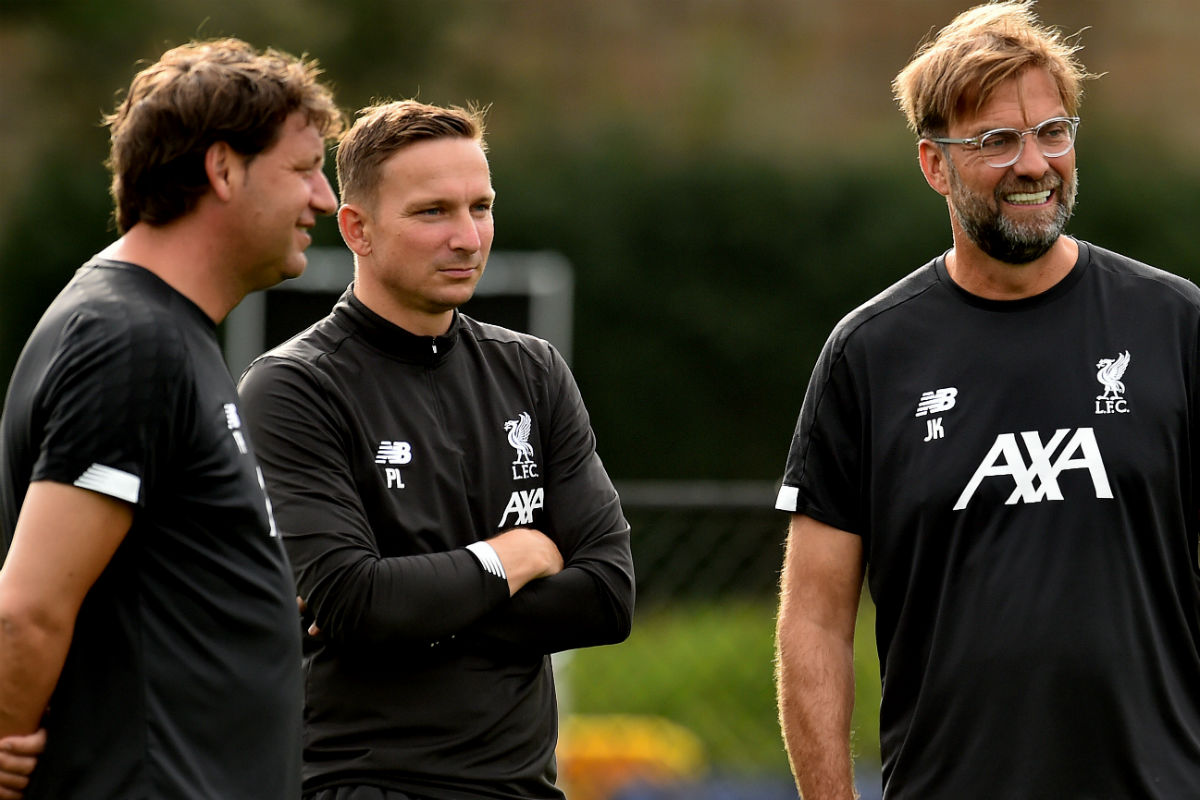
Recruitment is, in Graham’s words, “the reason I was brought in”.
But while that represents their principal point of focus, his team also play a part in match analysis.
“Pre-match, there’s a set of reports that James [French] and Greg [Mathieson] put together and then post-match there’s a similar thing that Harrison [Kingston] and Mark [Leyland] put together,” he describes.
“What we’ve built is a platform where the analysts can either look at the opposition analysis or post-match analysis from our point of view, so we’ve got expected goals models and expected possession value models that are linked to video to say: ‘This is what we thought was a dangerous situation.’
“We rarely work directly with the coaches, but the analysts’ department have got access to all of our stats resources and they use those in their reports and meetings.”
But while they may not share regular, day-to-day contact, those in Graham’s department feel connected to the coaching staff - thanks in no small part to Jürgen Klopp’s open-minded, inclusive style of management.
“Jürgen is very open and receptive to our area,” Graham notes.
“In terms of our week-to-week relationship, I don’t have very much interaction with him, but that’s not a bad thing because he knows the analysis we do and how it feeds into the various reports and the weekly work that him and his team do.
“Just the fact that he is open to it and intuitively understands the numbers, that’s enough. And if there is anything in particular that needs addressing, we’re there for the coaches. We’ve done one-off bespoke pieces of work where they’re concerned about a particular area of play or want to know something about travel before a game and whether that affects performance.
“They’re aware that we can help out with stuff and give an opinion on it, which is great. Jürgen is really open to it and understands it. He doesn’t work too much with it day-to-day or week-to-week, but that’s not a bad thing at all.”
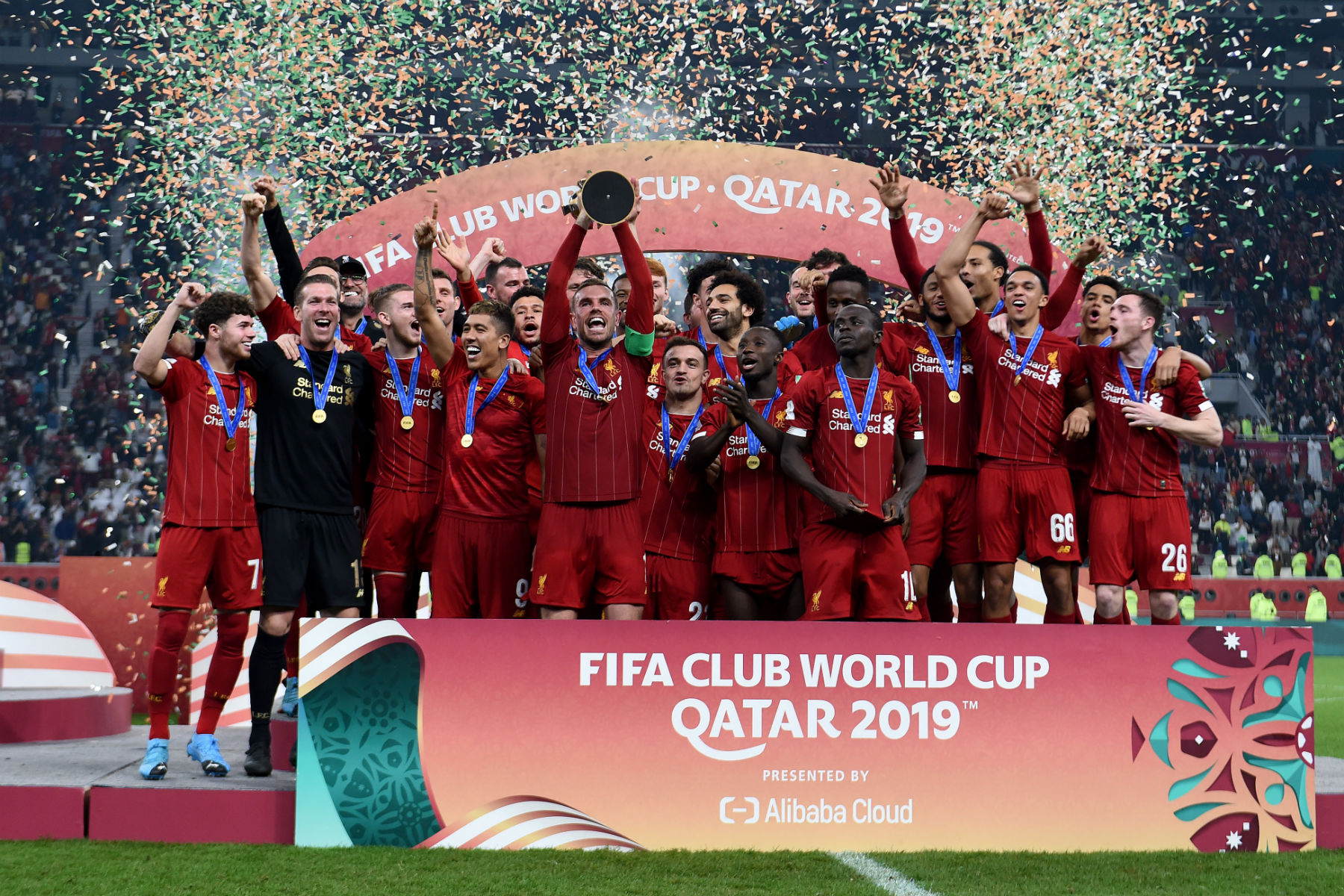
Graham grew up idolising Ian Rush and his all-conquering Liverpool teammates while creating virtual squads on Sensible Soccer.
Today, he heads up a department at the club he loves and has contributed to the assembly and success of the elite, record-breaking side Klopp has led to Champions League, UEFA Super Cup and FIFA Club World Cup glory.
Surely that must provide an immense feeling of professional and personal pride?
“Yes, definitely,” he agrees.
“In the early days it was difficult at times. To come through that and have some success, to have some evidence at least that what we are doing isn’t completely stupid - that’s a nice feeling!”
Look out for part two of our interview with Ian Graham on Liverpoolfc.com soon


